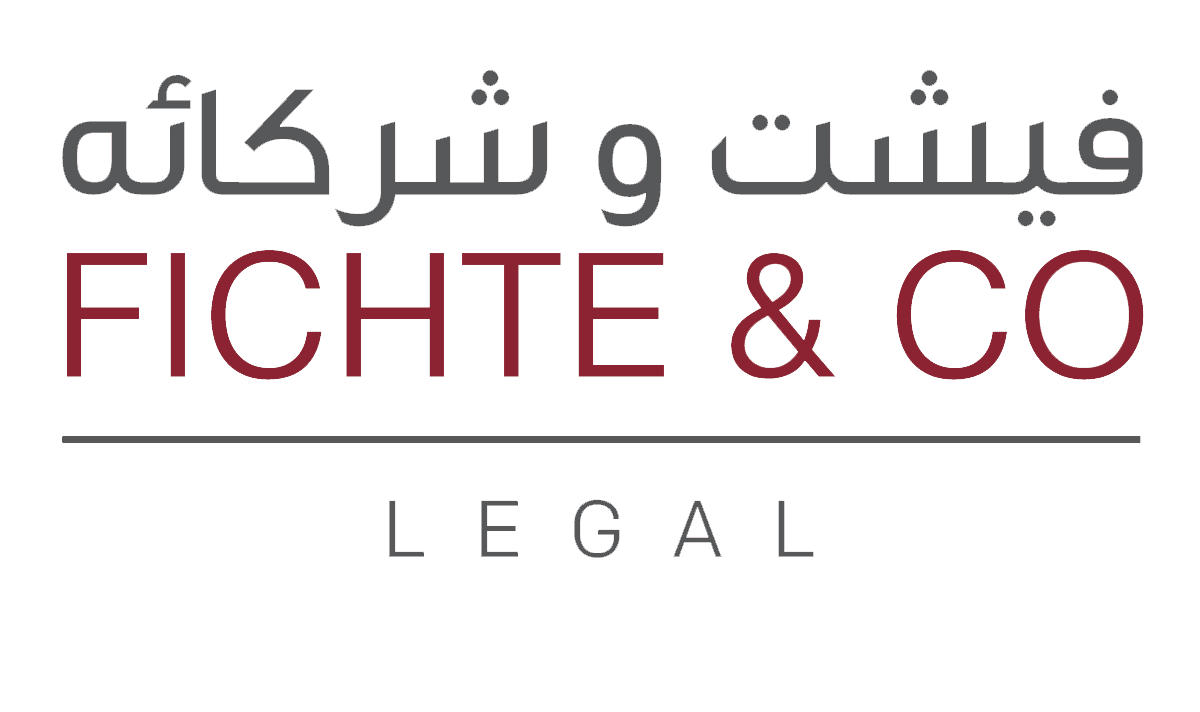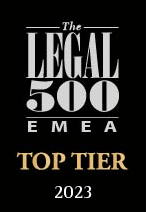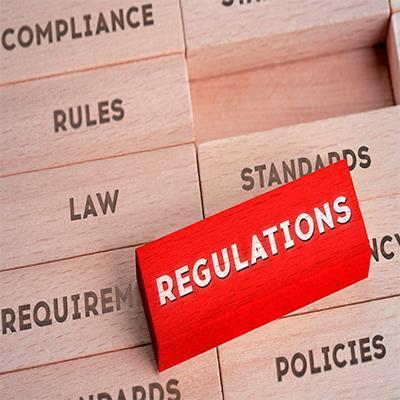On 10 August 2020, The Cabinet of Ministers Issued Resolution No.57/2020 concerning Economic Substance Regulations (‘’Resolution 57’’). Resolution 57 amends and repeals the Cabinet of Ministers Resolution No. 31/2019, Cabinet Ministers Resolution No. 58/2019, and Cabinet Ministers Resolution No. 7/2020. Furthermore, following the issuance of Resolution 57, H.E the Minister of Finance issued new guidance by way of Ministerial Decision No. 100/2020 (the ‘Guidance’). UAE based entities which are covered by the Economic Substance Regulations (ESR) should take note of these changes ahead of the first ESR Report filing deadline, the 31st of December 2020.
The updated information regarding the ESR has been published by the Ministry of Finance (MoF) on their web portal (link here).
Key Changes Summary:
1. Role of FTA vs RA: the UAE Federal Tax Authority (FTA) has been assigned the role of National Assessing Authority. As such, it is responsible for assessing and enforcing compliance with the Economic Substance Test. Respective Regulatory Authorities (RAs), such as the Departments of Economic Development, free zone regulating authorities (such as the DIFC or DMCC), etc. remain responsible for collecting and checking the accuracy of notifications and reports submitted by the licensees.
2. Definition of a ‘’Licensee’’: has been amended to mean juridical persons (i.e. persons with a separate legal personality) and unincorporated partnerships that carry out a relevant activity. Whilst natural persons, sole proprietors, trusts, and foundations (that were considered as ’’Licensees’’ under the initial ESR) are no longer in the scope of the ESR.
3. Exempted licensees: the ESR exemption, earlier granted only to entities with 51% or more direct/indirect government ownership, has now been repealed. Under the amended ESR, the following categories of licensees will be exempt:
- Investment funds, including the UAE entities used by the fund to make or hold investments, however, the exemption does not apply to the entities in which the fund ultimately invests;
- UAE branches of foreign companies, on the condition that the foreign company be subject to tax in its jurisdiction of incorporation;
- Licensees that are tax resident outside UAE;
- UAE resident-owned businesses, which are not part of a multinational group; and
- Any licensee for which the Minister of Finance issues a decision to grant it a capacity of an ‘exempt licensee’.
Exempted licensees still need to file a notification along with sufficient evidence on their activity, in order to benefit from the exemption.
4. Consideration of branches: the amended ESR provides further guidance on how different branches (foreign and local branches of UAE companies, UAE branches of foreign companies) are to be classified and treated under ESR. Notably, branches do not have a separate legal personality from their parent company, therefore they are not regarded as “licensees”, although they would need to comply with the ESR in certain conditions:
- The UAE branch of a foreign company needs not to notify under ESR if the relevant income obtained in UAE is declared in the tax filings of the parent company;
- If a UAE company has a branch in UAE, then a single notification should be submitted, on behalf of the company and its branch(es);
- If a UAE company has a branch outside the UAE, no notification should be submitted in UAE for the relevant income of the branch, as long as the branch is declaring its relevant income in the tax declarations filed in the foreign jurisdiction.
5. Notable changes to definitions of the following:
- connected persons;
- group;
- relevant activities;
- distribution centre;
- service centre;
- high-risk intellectual property (IP) businesses; and
- holding company.
Note that there are no changes to the ESR tests which licensees need to undertake, as well as the definitions of the core income-generating activities (CIGAs), except certain minor clarifications.
Definition of ‘‘Connected Person’’: the Amended ESR defines Connected Person as an entity that is part of the same Group as the Licensee or the Exempted Licensee. A natural person is no longer included in the definition of a “connected person”. This will have direct implications on relevant activity classifications that involve dealing with connected persons.
Introduction of the definition of a ‘‘Group’’: Group is defined as ‘’two or more entities related through ownership or control such that they are required to prepare consolidated financial statements or financial reporting purposes under the accounting standards applicable thereto’’.
Changes to the definitions of certain ‘‘Relevant Activities’’
a) Distribution Business: means purchasing from a foreign connected person, component parts or materials for goods; or goods ready for sale; and reselling such component parts, materials, or goods. The requirement of having these goods stored in UAE has been waived with the amended ESR.
b) Service Business: means providing services to foreign connected persons.
Notably, the requirement to provide services in connection with the business outside the state has been removed. This widens the ambit of the definition to include services provided to foreign connected persons in connection with their business in the UAE.
c) High-Risk Intellectual Property business: the definition has been limited to IP businesses that meet all the following conditions:
1. The business did not create the intellectual property asset;
2. The business acquired the intellectual property asset from either:
- A Connected Person; or
- In consideration for funding research and development by another person situated in a foreign jurisdiction; and
3. The business licenses or has sold the intellectual property asset to a Connected Person or earns separately identifiable income from a foreign connected person in respect of the use or exploitation of the Intellectual Property asset.”
6. Definition of ‘‘Holding Company Business’’: the revised ESR does not contain the definition of a ‘Holding Company’, but a ‘Holding Company Business’ is defined now as one that:
- Has as its sole function the acquisition and holding of shares or equitable interests in other companies; and
- Only earns dividends and capital gains from its equitable interests.
7. Compliance during liquidation: licensees carrying out relevant activities will need to meet ESR compliance requirements even during liquidation, up to the time their license is struck off the corporate registries.
8. Modifications in the contents of the ESR notification/report:
- All Licensees carrying out a relevant activity will now need to identify in their notifications/reports the jurisdiction in which the Parent Company, Ultimate Parent Company, and Ultimate Beneficial Owner claim to be tax resident.
- A copy of the financial statements must be submitted by the Licensees while submitting economic substance reports (if required to submit).
9. Administrative penalties have been raised:
- AED 50,000 for failure to submit reports or failure to meet the requirements of the tests in the first year.
- AED 400,000 for failure to submit reports or failure to meet the requirements of the tests in the second year.
- AED 50,000 for providing inaccurate information to the RA or FTA.
- AED 20,000 for failure to submit a notification.
- License annulment for persisted non-compliance.
10. Notification deadline: all notifications by licensees and exempted licensees carrying out a relevant activity, will need to be made within 6 months from their financial year-end. The reporting deadline remains the same, i.e. within 12 months after the licensee’s financial year-end. However, all notifications for the financial year ended 31 December 2019, will have to be re-filed, once the MoF portal goes live (expected in Q4 2020).
11. MoF Online Portal: the Ministry of Finance (MoF) will launch an online portal to facilitate the electronic filing of notifications, economic substance reports, and all other relevant information and documents. Information on the Portal, including the rules and procedures for use of the portal, shall be published on the MoF’s website.
Conclusion:
The amended ESR provides clarity for licensees regarding the scope and application of the ESR. Nevertheless, in light of the new regulations, action needs to be undertaken as the licensees will need to re-visit their original ESR classifications taking into consideration these new regulations and conclude how and whether they fall within the purview of the revised regulations, in order to prepare for resulting compliance requirements accordingly.




